Series Two Ranked Battles is going live in Pokémon Scarlet and Violet very soon on Feb. 1, but unsurprisingly enough, the metagame for Series Two has already been developing since the format’s announcement.
Players have taken to Pokémon Showdown!—an online Pokémon battling simulator—as well as organized grassroots tournaments with Series Two VGC rules and we have already gotten a good taste of what’s hot and what’s not.
If you want to have an edge over other players going into the official release of the Series Two ranked ladder in Scarlet and Violet, then you’ll want to look out for these 10 threats in the Series Two VGC metagame.
10 Pokémon that could dominate Series Two VGC in Pokémon Scarlet and Violet
Iron Bundle
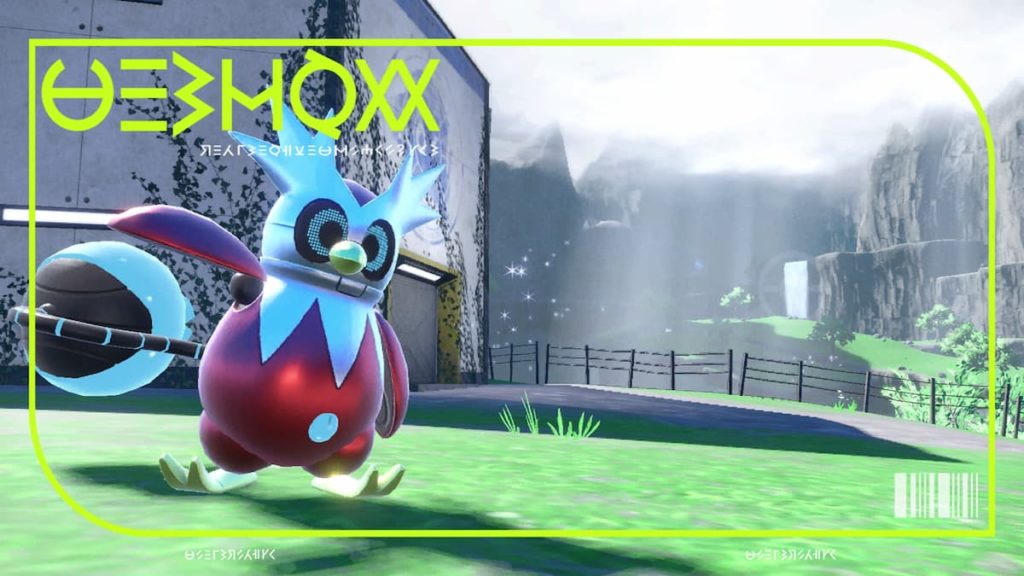
Iron Bundle was a foreseen threat even before Series Two was announced, and is currently one of the top forces of the early metagame. It acts as a support + glass cannon pick for any team, commonly running the moves Hydro Pump, Freeze Dry, and Icy Wind to not only have amazing offensive coverage but to also provide incredibly fast Speed control for its teammates.
Now Iron Bundle is pretty fast by itself, but if you want it to be the absolute fastest thing in the format, you can run the Booster Energy item with max Speed to give you a Speed boost after consuming the item.
Iron Bundle are also otherwise seen running the Focus Sash item if the Booster Energy is taken up on another ‘mon or you just want your android Santa penguin thing to survive at least a single hit.
Talonflame
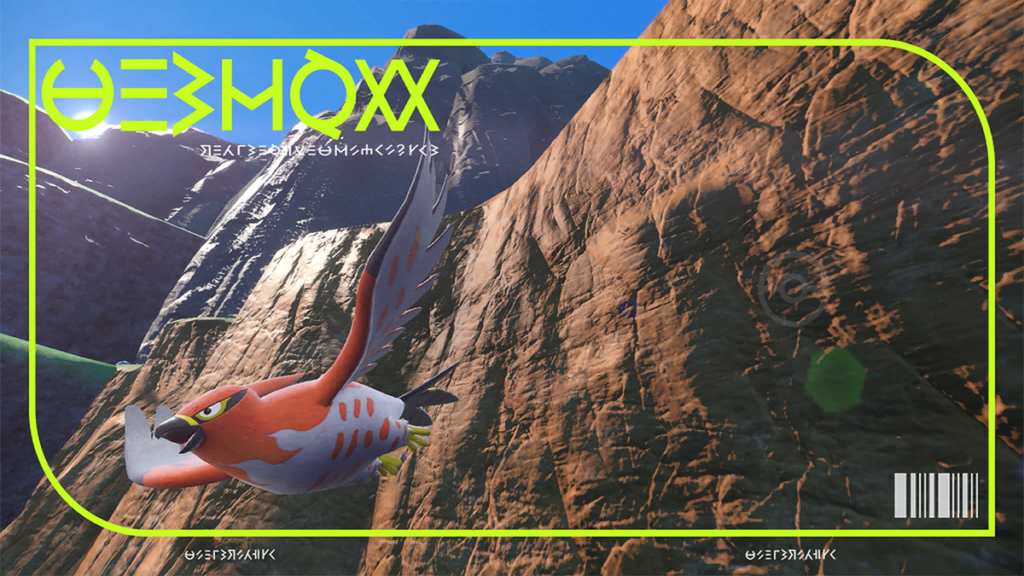
What would have once been Murkrow’s place is now taken by Talonflame, the new premier priority Tailwind user. Well, that is until it gets Faked Out, but that’s why mostly every Talonflame is running Covert Cloak in Series Two, letting them ignore the flinch from Fake Out and proceeding to set up a fast—but not priority—Tailwind.
Players have also been running Tera Ghost on Talonflame to stop Fake Out from even touching them, letting Talonflame preserve its Gale Wings priority boost to get up a guaranteed Tailwind, but this makes it so you have to give up your Terrastalization in the beginning on your Talonflame rather than your offensive sweeper, which may not be the best in most cases.
Talonflame also has access to useful moves like Taunt to stop opposing, non-Prankster Tailwind and general support moves, along with more niche options like Sunny Day to provide a Protosynthesis boost to its past Paradox Pokémon teammates.
Great Tusk
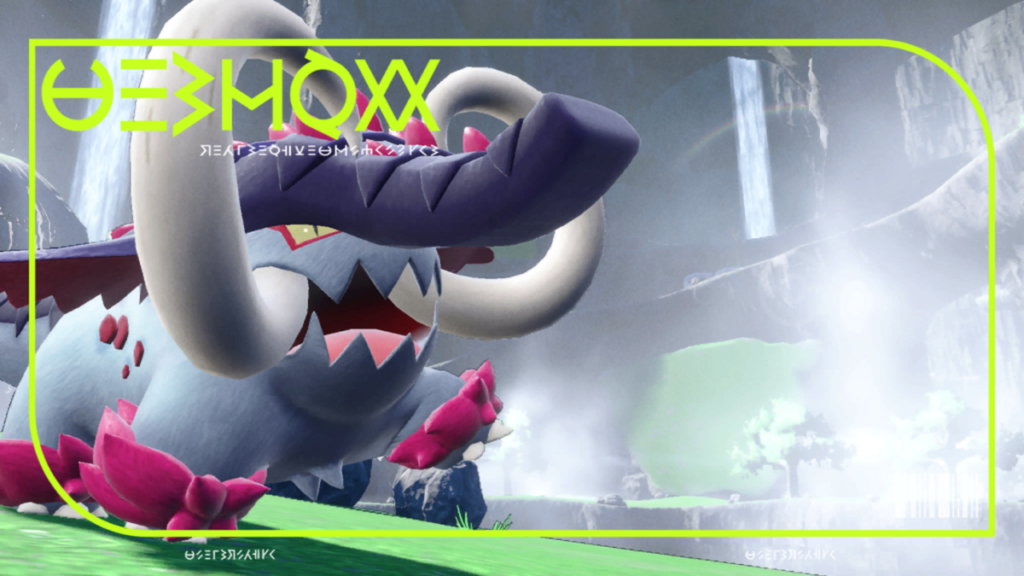
Great Tusk was not a top-tier threat in the minds of players before the early Series Two meta began but it looks like this prehistoric Donphan is shaping up to be a dangerous pick that can overwhelm you if you underestimate it.
The problem with Ground-type Pokémon and the reason why Garchomp began to fall off just a little towards the end of Season One is that Earthquake is its strongest Ground-type move, and there goes a lot of compromise and adjustment in teambuilding just to make sure a Pokémon can Earthquake safely alongside its partners.
Great Tusk, on the other hand, is one of two Pokémon currently to get access to Headlong Rush, which is basically a Ground-type Close Combat, which takes away the problem of hitting your own Pokémon. With adequate support, Great Tusk can one-shot a lot of the metagame while being best suited to run items like Life Orb, to maximize damage, or Focus Sash, to let it survive at least a hit after constantly lowering its Defenses with Close Combat and Headlong Rush.
Gothitelle
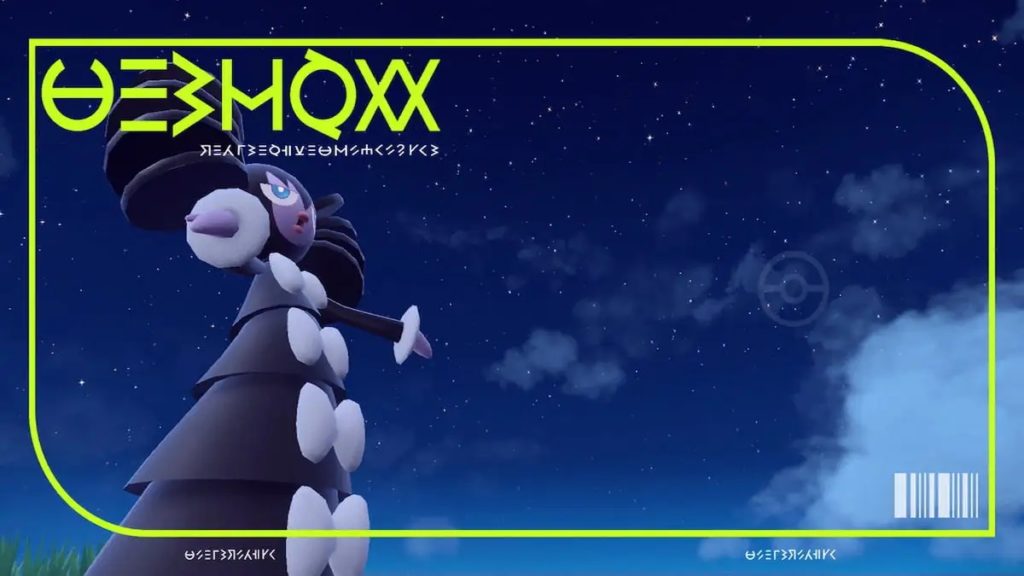
A name not many players expected to fear, but Gothitelle has proved itself by winning and top-cutting a few recent grassroots tournaments by running its good ol’ Perish Trap set.
While this tactic requires a partner as well, Gothitelle plays an essential role by trapping Pokémon in with its Shadow Tag ability. Gothitelle’s partner goes for the move Perish Song while Gothitelle itself switches in, putting a death counter of three turns to all Pokémon on the field that were affected by Perish Song.
The duo then stalls with Fake Out from Gothitelle along with Protects so that they can’t get knocked out, then switching out when the counter reaches one turn, making the opposing Pokémon faint as the counter falls to zero the following turn. Evil, but requires skill to pull off effectively.
Flutter Mane
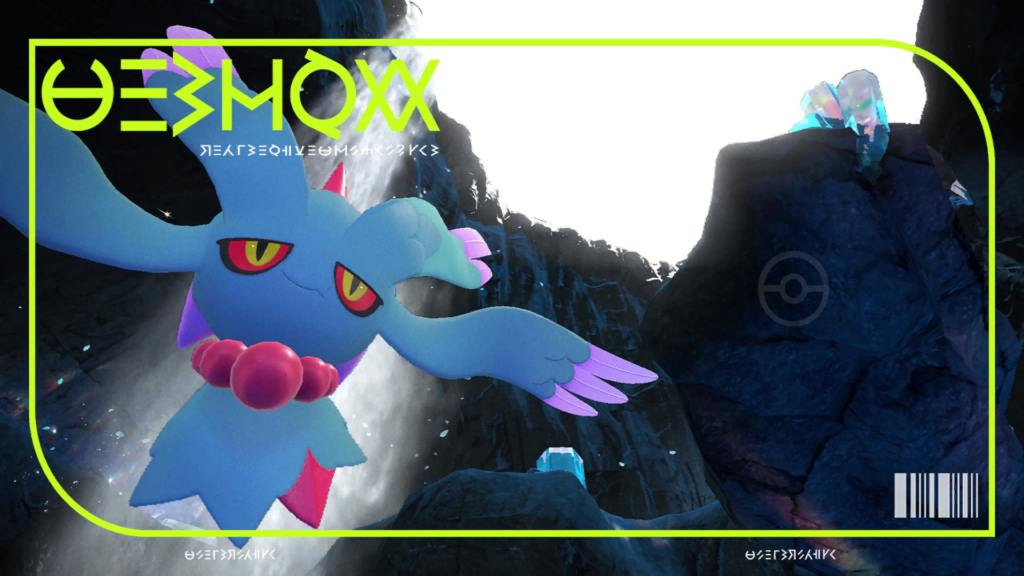
This overgrown Misdreavus was hyped by players before the Series Two meta began, saying that it would be the most dominant Pokémon in the meta. And even though it is absurdly strong, it hasn’t been absolute top-tier like Iron Hands or Iron Bundle.
Flutter Mane did win a grassroots tournament recently though, with a relatively unexplored set that includes Perish Song. We spoke about how scary Perish Trap can be when piloted effectively, and with Flutter Mane being one half of the daunting duo, Flutter Mane has most likely found its niche that will skyrocket its viability.
Pawmot
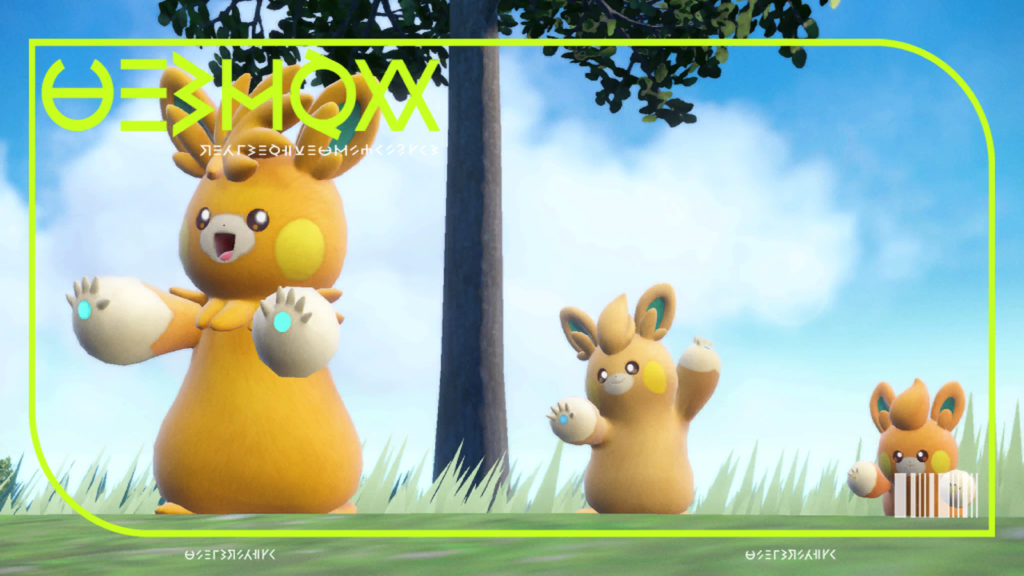
Pawmot was one ‘mon that players began to slowly realize its potential as the format developed. Pawmot already saw good usage in Series One while winning notable tournaments as well, but the thing about this Pikachu clone is that it will only get more valuable as the average power level of a format rises.
As stronger Pokémon are allowed into competitive play, the value of bringing them back from the dead with Revival Blessing will increase, since giving a broken Pokémon a second chance to destroy the opponent is pretty scary. We can only imagine Pawmot’s usage rate when Restricted Pokémon are finally allowed in future formats.
Apart from being a revive bot, Pawmot can also be offensively threatening with Double Shock and Close Combat, or provide further support in the form of Speed control with Nuzzle.
Iron Hands
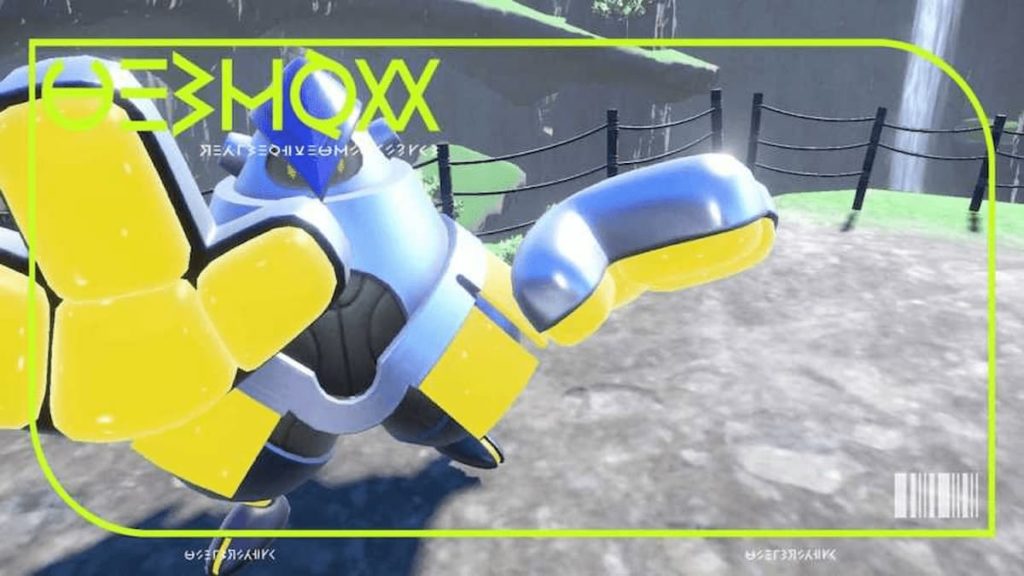
Iron Hands is no stranger to being in the spotlight. It has dominated the very early Series Two VGC metagame and continues to shine as we get into the official Series Two ranked battles in Scarlet and Violet.
It is sort of reminiscent of how Incineroar functioned, partly, in that it can provide Fake Out support while being useful outside and in Trick Room as well, being a slow pivot with Volt Switch outside reversed turn orders, and sweeping with moves like Close Combat and Wild Charge inside them.
It also helps that Iron Hands has a great matchup into a lot of the metagame, some notable examples being Roaring Moon and Iron Bundle.
Gholdengo

Is there anything that needs to be said about Gholdengo at this point? This Pokémon has been the poster child of Series One VGC and continues to show its dominance going into Series Two.
Gholdengo has a brilliant defensive typing while possessing one of the most broken abilities in the game: Good as Gold, which lets it be immune to any non-damage dealing move targeted towards it.
Combine this with an incredibly strong signature move in Make it Rain, which possesses the drawback of lowering its Special Attack by one stage that is easily remedied by the Nasty Plot set it has been running recently, and you’ve got an absolute monster on your hands that you need to keep counters for in mind when building a team.
Want immediate damage on your Gholdengo? Run a Choice Specs and Tera Steel set. Want more bulk without sacrificing damage? Run Nasty Plot with a defensive Tera. The options are diverse with string cheese man.
Roaring Moon
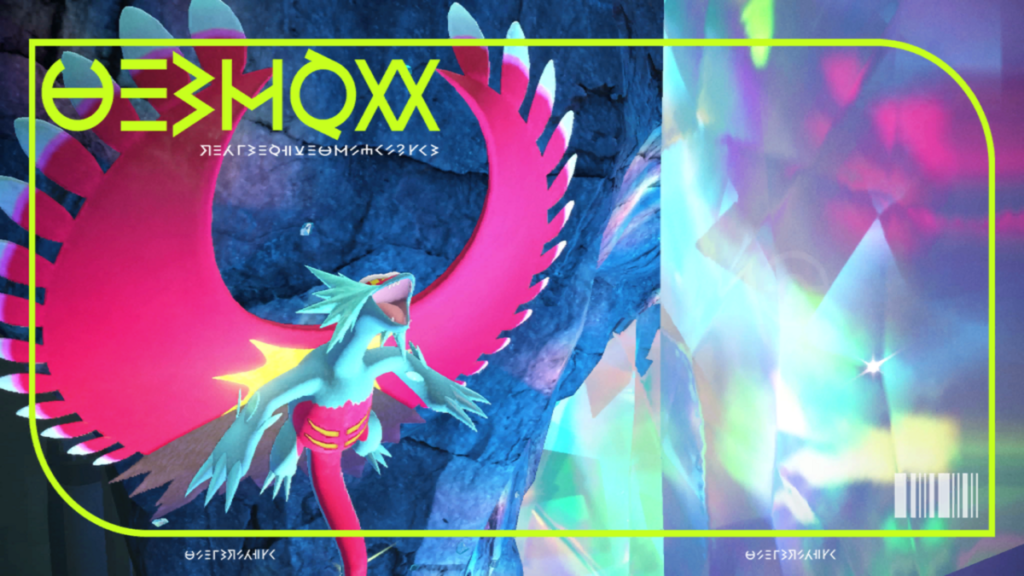
Roaring Moon has almost completely replaced Hydreigon, which was a top-tier pick in Series One. It possesses the same typing while also able to gain the ability to be immune to Ground like Hydreigon by going for the meta choice of Tera Flying.
Tera Flying not only gives it a resistance to Fighting and Bug while making it neutral to other original weaknesses, but it also combos extremely well with the item Booster Energy and the move Acrobatics.
Once Roaring Moon consumes Booster Energy, its Acrobatics turns into a 110 base power move while Tera Flying now gives it STAB. With its overpowering Attack stat and Protosynthesis-boosted Speed, it can move before most Pokémon in the metagame and pick up clean OHKOs. When it doesn’t need to go on the offensive, it can use super-quick Tailwinds and provide invaluable support.
Iron Jugulis
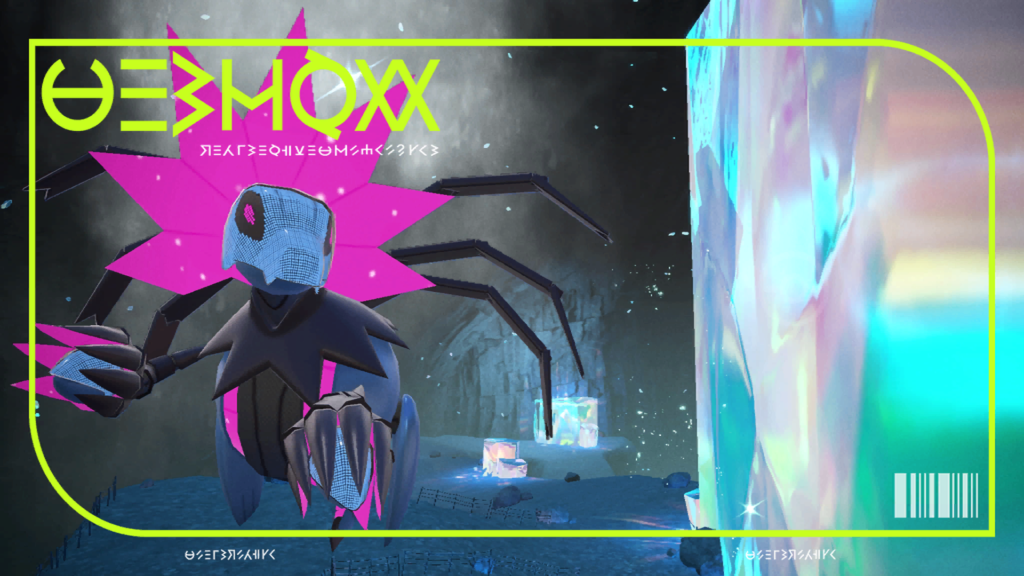
Roaring Moon may have replaced Hydreigon for the most part, but not its future Paradox form, Iron Jugulis.
Honestly, on paper, Iron Jugulis seemed underwhelming to the majority of the competitive community, but it has actually gotten top-cut results in grassroots tournaments and a couple of sets have been popping up.
Iron Jugulis can be used as a strong STAB Hurricane user with a Rain mode, but do you really want to be running another Flying-type in Pelipper with it? Fear not, because Iron Jugulis itself gets Rain Dance, letting it set it off incredibly fast thanks to Booster Energy, not only boosting its Hurricane’s accuracy but also helping its partners out.
It also has access to Tailwind for quick Speed control along with a slew of support moves and mind-boggling coverage, letting it also don a Life Orb or Choice Specs and be utilized as an all-out attacker too.


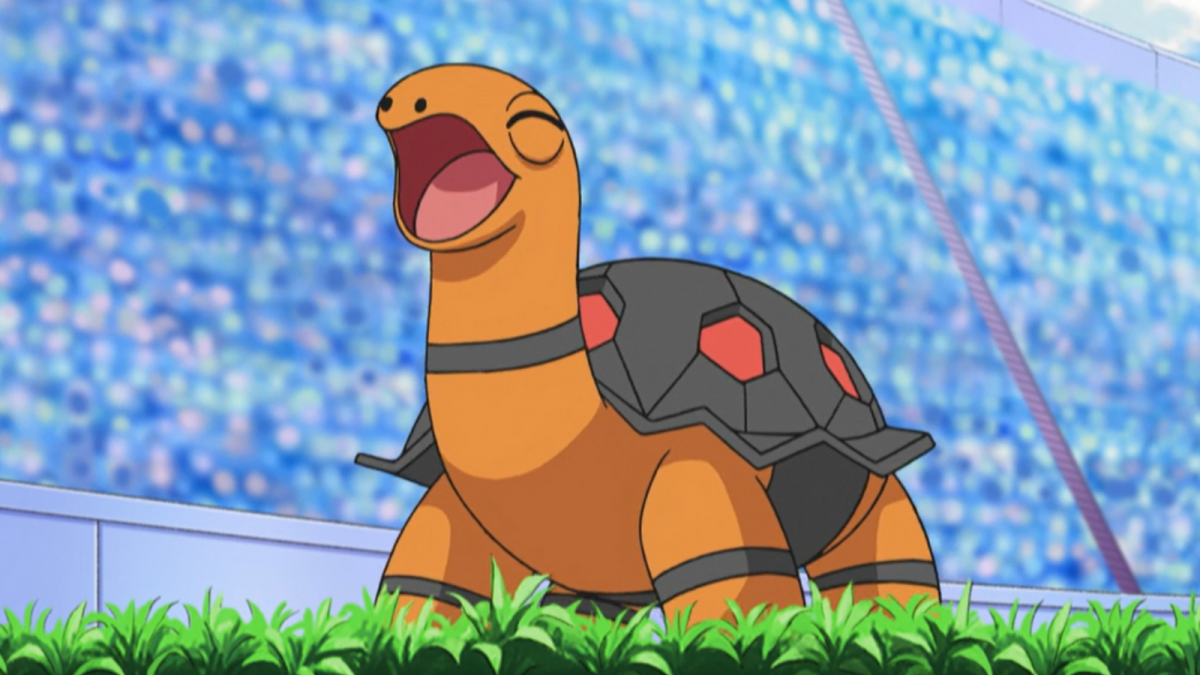
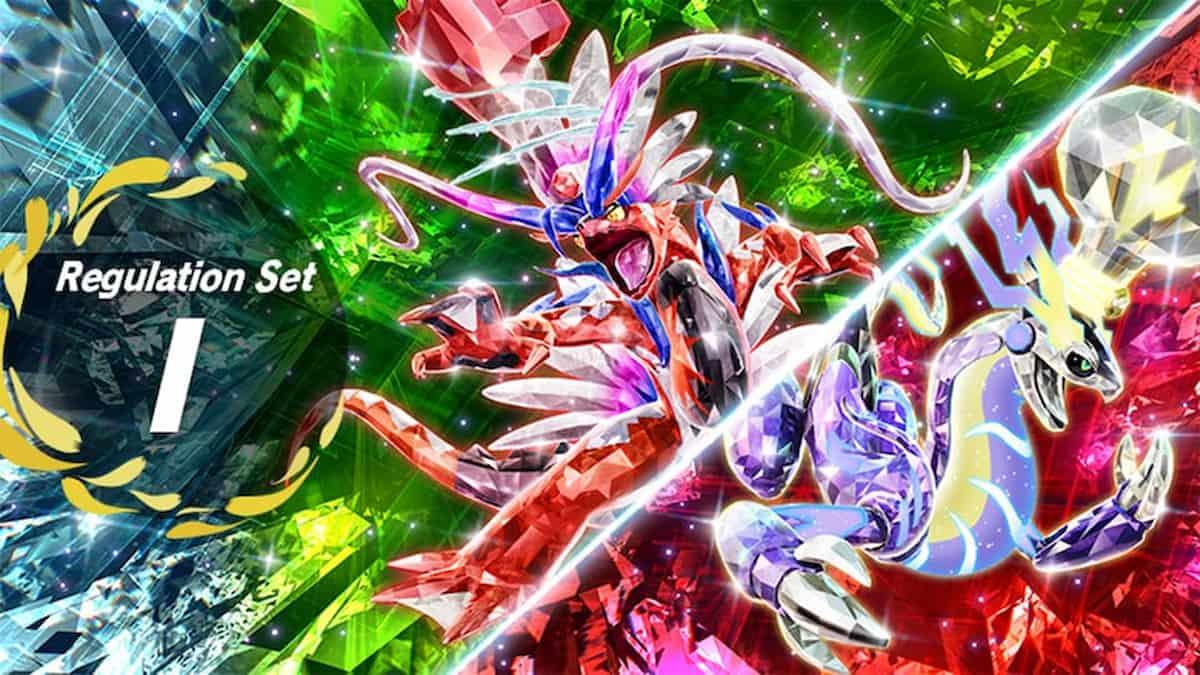

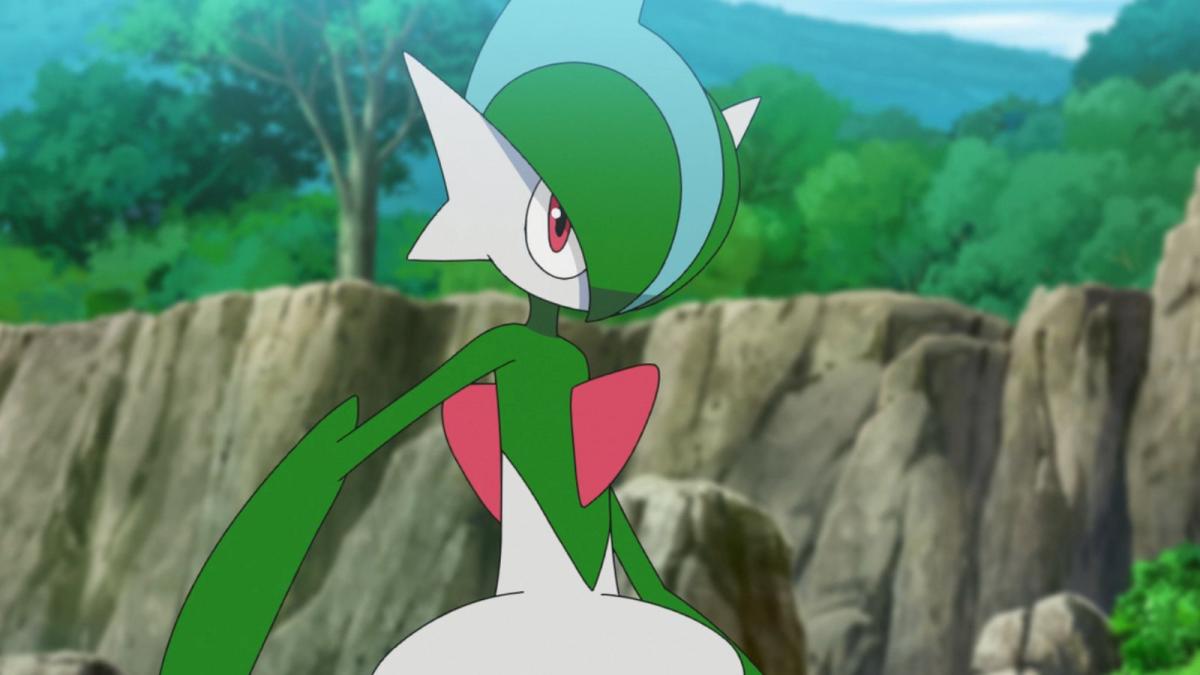

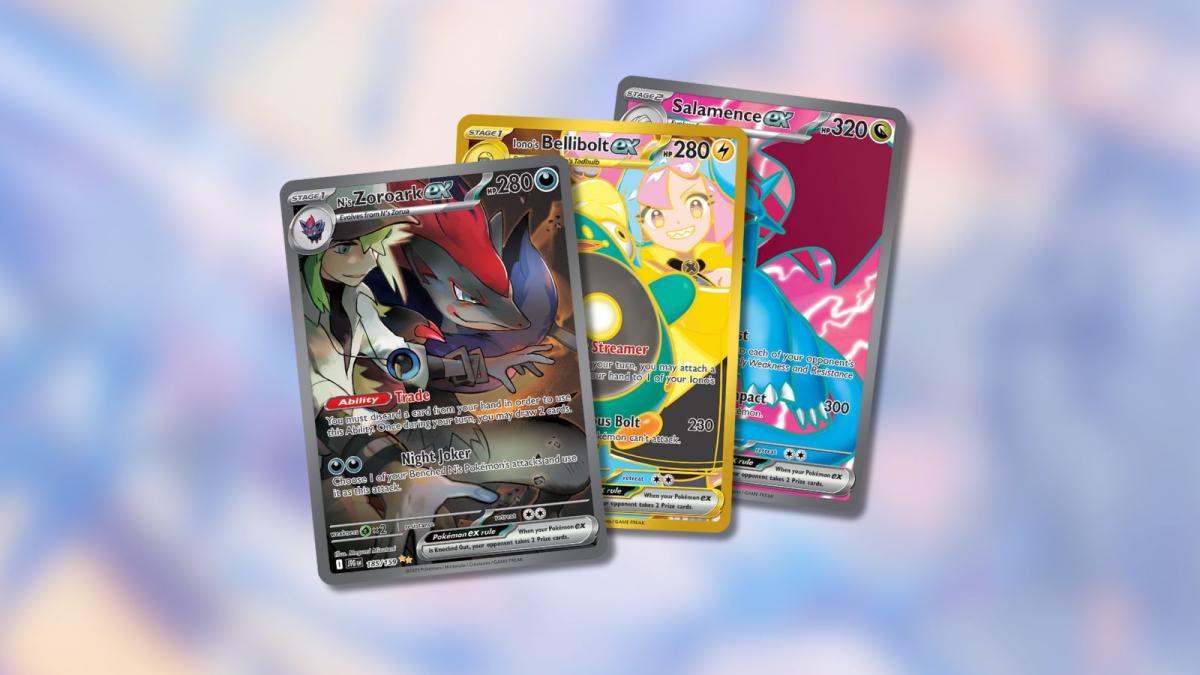
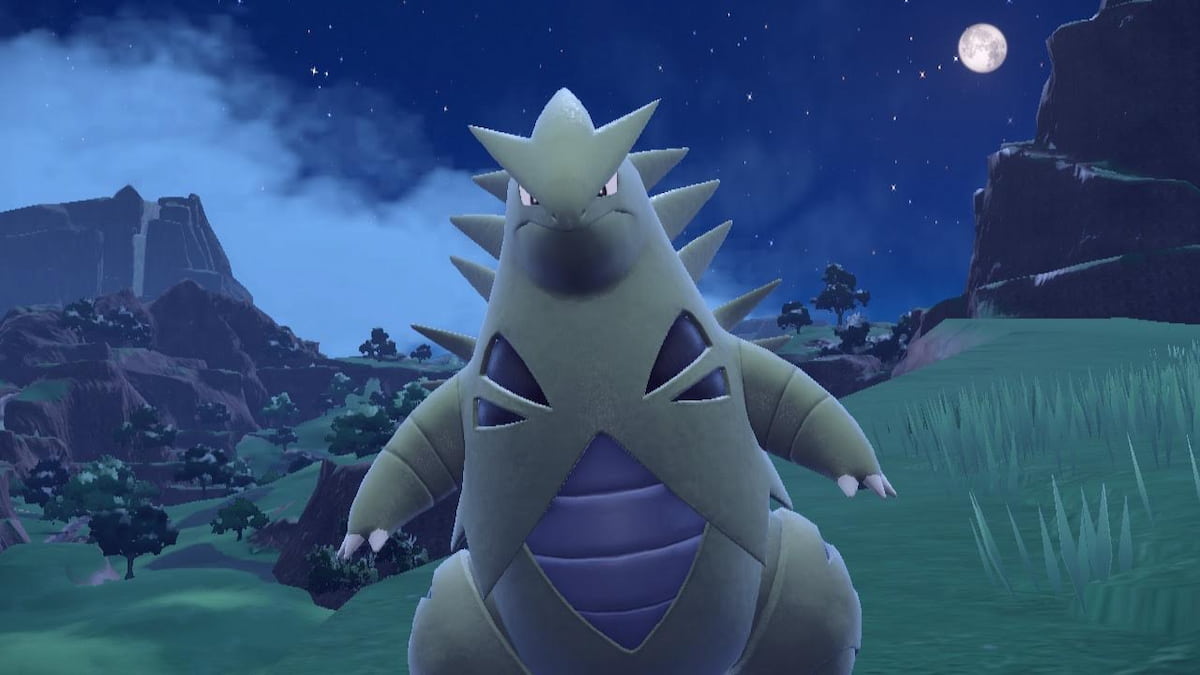
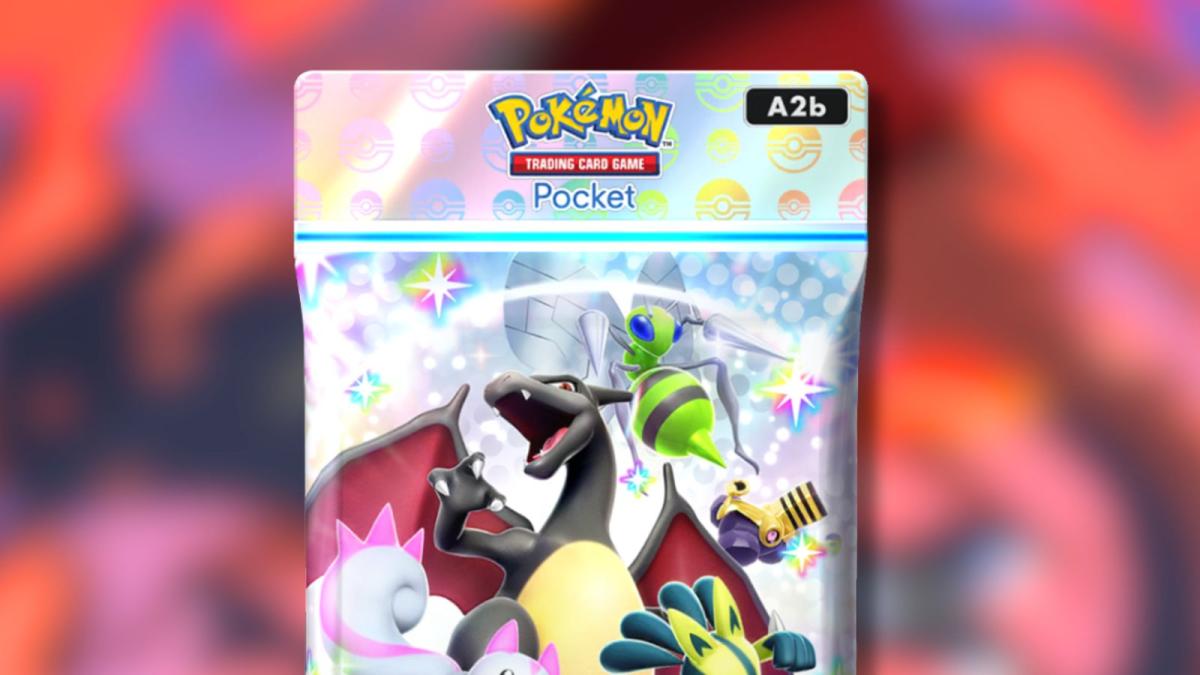
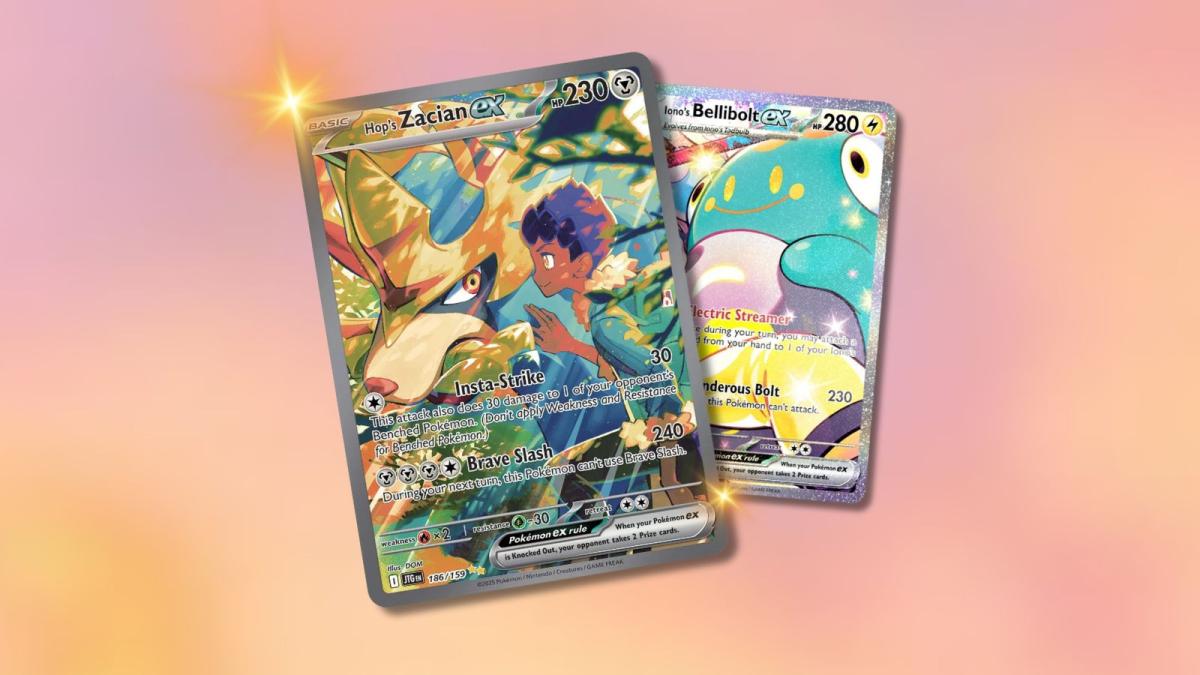
Published: Jan 31, 2023 03:12 am